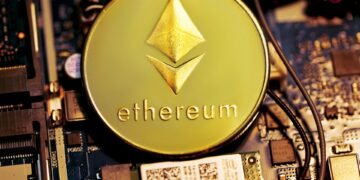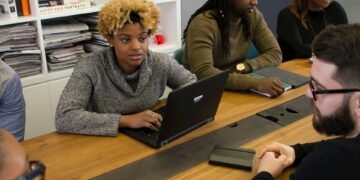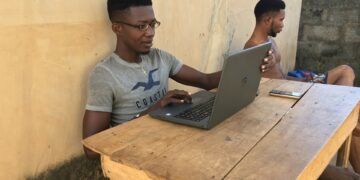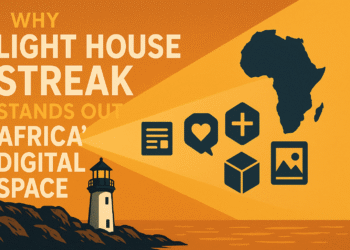The Power of Imagination in Learning Through Our Blog.
Imagination serves as a cornerstone in the educational journey, acting as a catalyst for creativity and critical thinking. As students engage their imaginative faculties, they are not only able to visualize concepts but also forge new connections between ideas. This mental flexibility nurtures innovation and equips learners with the skills required to tackle complex problems. By encouraging imaginative thought, educators can engage students more deeply and create a dynamic learning environment.
In various educational settings, the role of imagination can be harnessed through activities that promote imaginative play and storytelling. For instance, dramatizing historical events allows students to embody different perspectives, fostering empathy and a more nuanced understanding of the subject matter. Such experiential learning techniques enable learners to question, hypothesize, and arrive at conclusions that might otherwise remain unexplored. Throughout different subjects—from science experiments that invite creative hypotheses to literature discussions igniting narrative imagination—educators can leverage imagination as a powerful tool for deeper comprehension.
Moreover, methodologies that incorporate imaginative thinking can enhance collaboration among students. Group projects that require brainstorming imaginative solutions encourage collective problem-solving and critical evaluation of diverse ideas. Research underscores that when students collaborate in imaginative contexts, they can develop skills in communication, adaptability, and analytical thinking. These soft skills are invaluable in today’s complex world, aligning with the necessity for both individual creativity and teamwork.
In emphasizing imaginative approaches, educators not only engage students but also prepare them for real-world challenges. By integrating imagination into curriculum design, the educational experience becomes more holistic, nurturing not only knowledge but also the creative capacities that lie within each student. Such an approach not only enriches learning but also instills a lifelong love for inquiry, exploration, and innovation.
Curiosity as a Catalyst for Knowledge
Curiosity plays a pivotal role in the learning process, serving as a powerful catalyst that propels individuals toward deeper knowledge and understanding. When learners are driven by a genuine sense of curiosity, they become more engaged and invested in their educational experiences. This intrinsic motivation not only enhances their retention of information but also fosters critical thinking and problem-solving skills, making learning more meaningful and impactful.
To cultivate a culture of inquiry and exploration, educators and parents can adopt several practical strategies. One effective approach is to create an environment that encourages questions. By inviting learners to ask questions and explore topics at their own pace, educators can help nurture their natural curiosity. Incorporating open-ended questions into discussions can stimulate critical thinking and encourage students to think creatively about the subject matter. Providing opportunities for hands-on experiences and explorations, such as field trips or science experiments, can further engage their curiosity.
Additionally, integrating technology and interactive learning tools can enhance curiosity-driven learning experiences. By using multimedia resources or online forums, educators can expose students to diverse perspectives and information sources, thereby igniting their interest in various subjects. This interactive approach also allows learners to take charge of their educational journey, leading to a sense of ownership that often results in increased motivation.
Moreover, fostering a growth mindset in learners is essential for maintaining their curiosity. By encouraging them to view challenges as opportunities for growth, they are more likely to persist in their exploration of knowledge. Curiosity-driven learning ultimately sets the foundation for lifelong learning, equipping individuals with the skills and mindset needed to adapt to an ever-changing world. In conclusion, by actively promoting curiosity, we pave the way for enriching educational experiences that transcend traditional learning paradigms.













































